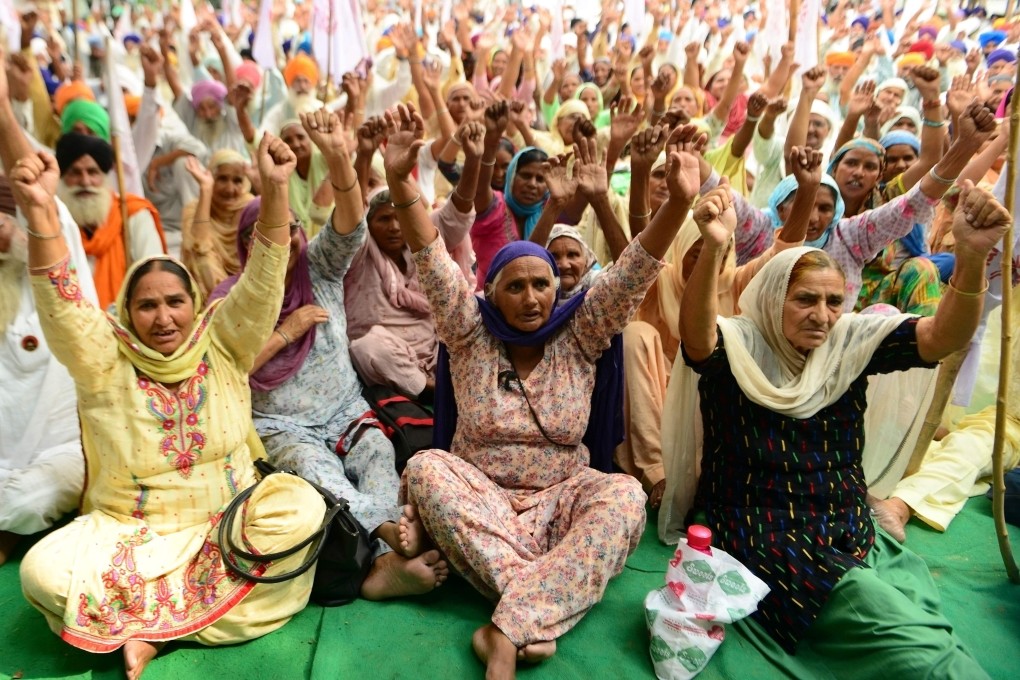India’s concerns about RCEP remain the major obstacle to world’s largest trade deal
- The RCEP involves the 10 Asean countries and the six major economies to have formed free trade pacts with the bloc: China, India, New Zealand, Australia, South Korea and Japan
- New Delhi has pressed for ‘data localisation’ provisions in the e-commerce chapter of the trade pact, and is also worried about the effects of tariff liberalisation on local industries

Not for the first time, trade ministers from the 16 Asia-Pacific countries negotiating the world’s biggest trade pact indicated this weekend they were within reach of a deal, but analysts and people with knowledge of negotiations predicted the final leg of talks will be particularly fraught.
Even as China and India – the proposed trading bloc’s largest economies – on Saturday signalled their readiness to thrash out their differences over the deal, domestic pressure on Prime Minister Narendra Modi’s government could scuttle his country’s involvement.
Key allies of Modi’s ruling Bharatiya Janata Party (BJP) have mounted a nationwide protest against the RCEP, claiming the deal is lopsided and will be ruinous to local industries.
The RCEP – in the works since 2014 – involves the 10 countries of the Association of Southeast Asian Nations (Asean), and the six major economies to have formed free trade pacts with the bloc: China, India, New Zealand, Australia, South Korea and Japan.
Following two days of talks in Bangkok that ended on Saturday, the trade ministers sounded an optimistic note.
The talks were scheduled to have been the last major meeting of RCEP trade ministers before the leaders of the 16 countries meet in November during the Asean summit.